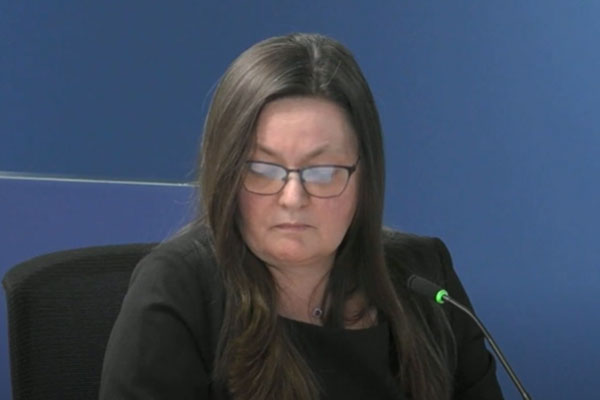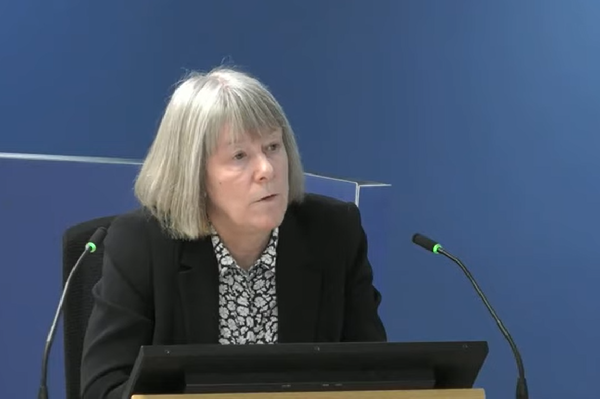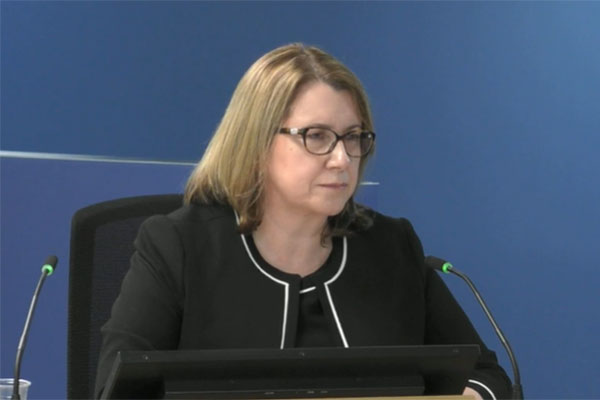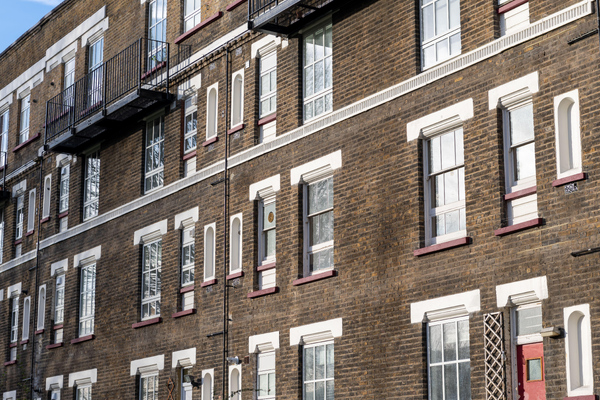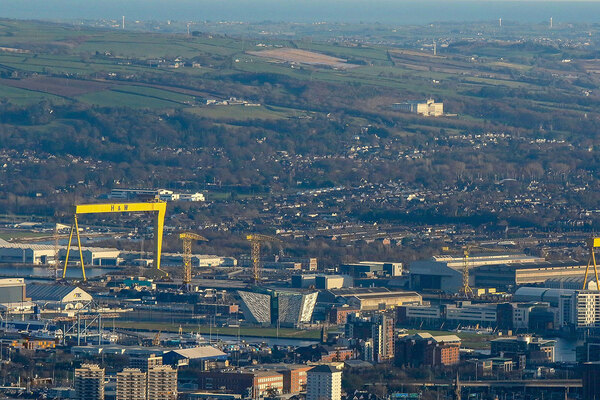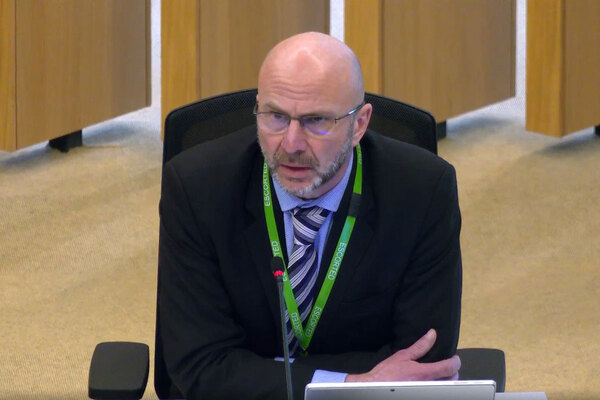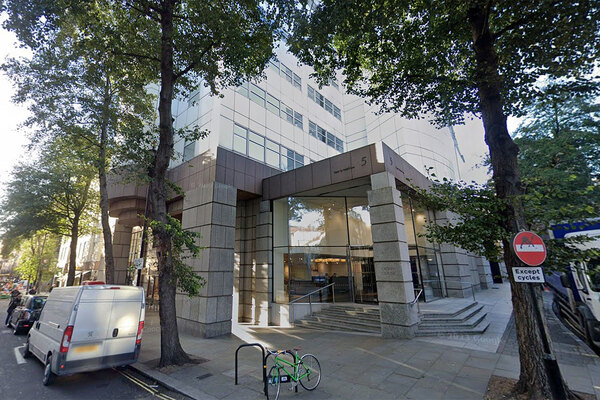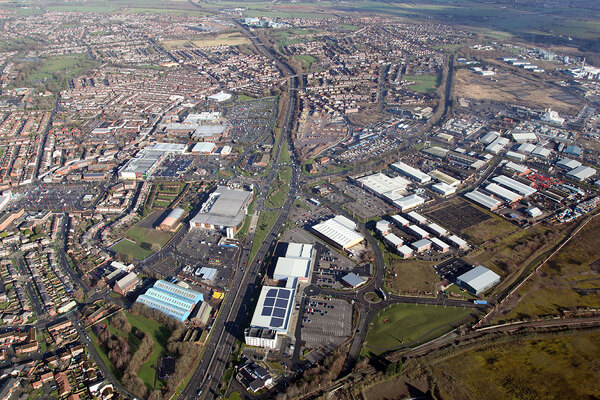You are viewing 1 of your 1 free articles
Reverse ‘disaster’ of BRE privatisation, firefighters’ union urges
The privatisation of the Building Research Establishment (BRE) testing house has been an “utter mess”, the Fire Brigades Union (FBU) has said as it called for the body to be renationalised.
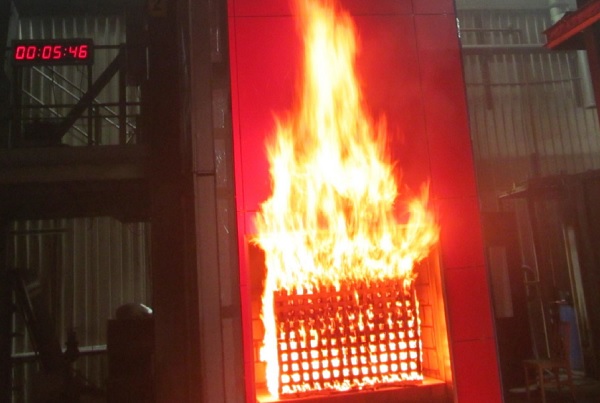
At its annual conference last Friday, the FBU passed a motion instructing its executive council to lobby for the BRE, a testing and research facility that was privatised in 1997, to be returned to full public ownership.
The behaviour of the BRE has recently come under heavy scrutiny as part of the Grenfell Tower Inquiry.
The testing body was responsible for running a number of crucial fire tests on cladding and insulation in the years leading up to the blaze.
In its submissions to the inquiry, the FBU claimed that errors and oversights at the BRE contributed to the disaster, arguing that the firm’s testing enabled manufacturers to persuade others that their products were regulation-compliant.
These errors and oversights were caused at least in part by the BRE being privately owned, the FBU said.
A spokesperson for the BRE said: “There has never been any evidence of a conflict of interest between BRE’s advisory work and the testing and certification services the organisation provides.”
In the early 2000s, the BRE was commissioned by the government to carry out a series of tests on various cladding systems, including one on the aluminium composite material (ACM) cladding used on Grenfell Tower, which showed a “catastrophic escalation” of fire.
However, the government did not issue a warning following these tests and the BRE did nothing to independently raise the alarm, the inquiry has heard.
The BRE also did not promptly share information about the failed tests in the immediate aftermath of the fire at Grenfell.
The inquiry has also heard how a manufacturer of combustible insulation products used on Grenfell used fire-retardant components in its test systems to improve performance without this being made clear in the test report or subsequent marketing material from the manufacturer. BRE staff have denied they had any awareness of this.
Matt Wrack, general secretary at the FBU, described the BRE under private ownership as a “complete disaster”.
He added: “Corners have been cut and building safety compromised as the BRE bowed down to the building material companies which pay its wages. There is even information that suggests that BRE failures may have had a role in Grenfell – it’s time to end this utter mess now.”
The BRE spokesperson said the organisation had not been involved in the testing or classification of the cladding installed on Grenfell Tower at the time of the fire.
They added: “As part of our testing function, BRE benchmarks different cladding systems against published standards and classification criteria, and have no reason or incentive to avoid carrying out the tests against these.”
Sign up for Inside Housing’s weekly Grenfell Inquiry newsletter
Each week our sister publication Inside Housing sends out a newsletter rounding up the key news from the Grenfell Inquiry, along with exclusive analysis of what it all means for the social housing sector.
Already have an account? Click here to manage your newsletters
